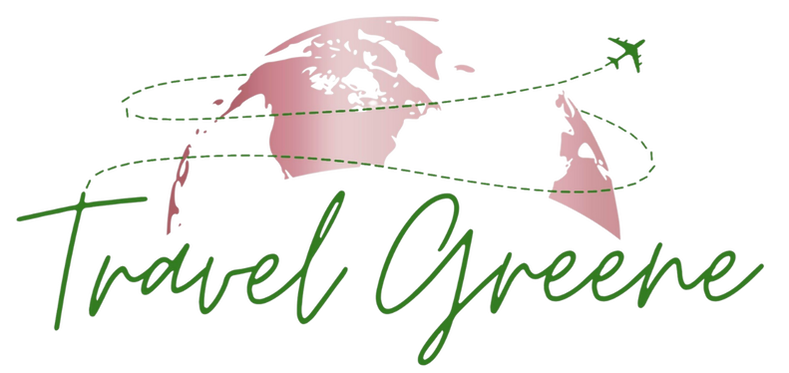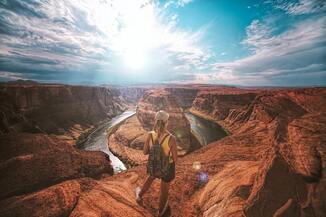 Seven months into this pandemic, and we're still living with so much uncertainty. We've sheltered in place. We've gone stir crazy. We've seen businesses cautiously re-open. Yet we've also seen increases in the rate of positive cases around the country. If you plan to venture out this fall/winter here are some key mistakes to avoid when traveling. 1. Not planning ahead. If ever there was a time for over-planning, now is that time. Gone (for now) are the days of driving until you feel tired and then finding the closest hotel, or going to a city and just googling activities in the area. Whether leaving your community for a quick weekend or a longer trip, planning ahead must be standard operating procedure. First step... check health and safety updates for your local community and your intended destination. Is COVID-19 spreading in your community? Is it spreading in the places you’ll be visiting? You can check the CDC COVID tracker for the most current information. If the answer is yes to either, now might not be the best time to go. If the answer is no, then let the real planning begin! Plot your route, book lodging, make restaurant reservations and book activities in advance. Seem like overkill? Remember most cities, towns, and even remote campgrounds are currently operating at less than 100%. Many hotels and restaurants are limiting capacity. Your destination will most likely have establishments that are closed, have reduced hours, are by appointment only, have modified processes, or have set other restrictions in place. Due to this, reservations will book well in advance, meaning last minute open slots will be very hard to come by. 2. Dismissing current state and community requirements. Many states have quarantine requirements in place to protect an influx of COVID-19 cases from crossing their borders. Some statutes govern residents leaving and returning to their community, while others provide guidelines for tourists arriving from different states. These are constantly changing, and you'll need to check for current updates on any requirements that may be imposed on not only your final destination, but any other states you will travel through en route. You can find the resources for state requirements here. Additionally, be sure to check for any local town or city updates while you’re on the road. One town might mandate masks on any public sidewalk, while others may just require masks indoors. Tourism board and municipality websites are a great resource as they are constantly updating their information online.  3. Forgetting extra masks and hand sanitizer. Most places are requiring or strongly encouraging masks, so you should be sure to have plenty on hand. Pack 2 in your suitcase, then pack 2 more. And just because you're on a trip, you can't take a vacation from current health and safety guidelines. Practice social-distancing measures and wear masks around strangers - indoors in public places, and outdoors in crowds or where social distancing isn’t possible. Don't forget to keep your hand sanitizer handy - not only in your suitcase, but in a purse, pocket or your car's center console. Many towns and businesses have put out hand sanitizer stations, but it's best to be self sufficient for gas station stops, last minute needs and when public sanitizer isn't available. 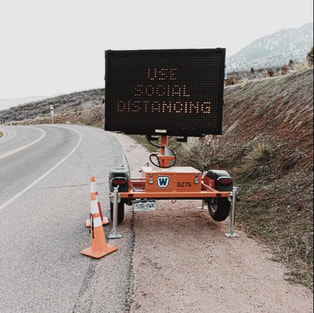 4. Ignoring COVID Testing Precautions. Depending on the type of overnight trip you’re taking and if you’ll come into close contact with other people outside your bubble, consider getting a COVID-19 test before you go and when you return home. You may have been exposed to COVID-19 on your travels. You may feel well and not have any symptoms, but as we know you can be contagious without symptoms and spread the virus to others. You and your travel companions (including children) pose a risk to your family, friends, and community for 14 days after you were exposed to the virus. Rapid testing is widely available now at your local urgent care and many other centers, making for an easy solution. Regardless of where you traveled or what you did during your trip, take these actions to protect others from getting sick after you return:
5. Being impatient and inflexible. Have respect and empathy for hospitality professionals trying to offer you a memorable experience in an environment vastly different from the norm. Hotels have reduced service offerings for certain public places like continental breakfast areas. Be ready to make alternate plans as needed. Going out to eat? If a restaurant server is taking care of you while you are eating and unmasked, don’t talk directly at the server to reduce transfer of aerosols. (It’s awkward, we know, but err on the side of caution as much as possible.) Understand that everyone is trying to navigate our current reality as best they can, so having more grace and understanding will go a very long way. If you're not comfortable following the safety guidelines in public establishments at this time, we recommend utilizing food delivery services instead of restaurants, considering car travel vs. flights, and choosing home rentals instead of hotels with shared spaces. 6. Neglecting local businesses. Now more than ever, many small business are struggling to keep their doors open. Wherever you're headed, check out local businesses to support on your trip. Local boutiques, restaurants, coffee shops, bookstores and farmers markets are fun places to fuel up, explore and even find that perfect travel keepsake. (Note: Many prefer payment with credit or debit cards right now, to avoid handling cash.) 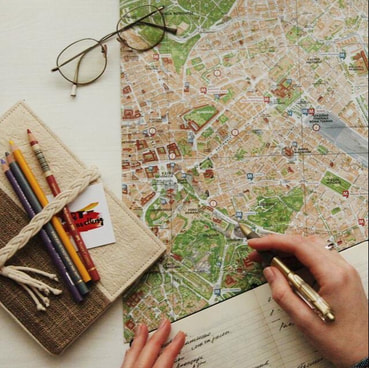 7. Not using a travel advisor to help plan your trip. Even a long weekend trip takes a lot of planning and research to ensure you will have a memorable time. Our job as a travel advisor is to do all the legwork for you, at no cost to you! Now more than ever, with so many changing regulations and procedures, this proves invaluable. We are keeping up with local town and travel updates, with a wealth of resources to access the most current information. And best of all, did we mention our services are FREE to you?! This can be a beautiful time of year to explore many corners of the US. If you are making the leap to get away this fall/winter, couple these tips with some flexibility, patience and grace to set yourself up for success. For all other details, Travel Greene would be happy to help you plan ahead so you can enjoy your time away to the fullest! ** Important Note: At this point, the CDC advises against all non-essential travel. While we are not encouraging widespread travel at this time, we understand the reality that it's happening and want to provide information on how to travel safely. Please see CDC recommendations and decide what is best for you and your family with regards to travel. **
0 Comments
Share the knowledgeYour comment will be posted after it is approved.
Leave a Reply. |
Details
Rebecca - lead Travel AdvisorCome along with us on our travel adventures! Archives
November 2020
Categories |
|
Site Managed by Voyager Websites
|
FL-ST17873
CA-2663964-50
Affiliated with Travel Planners International, a member of Signature Travel Network
CA-2663964-50
Affiliated with Travel Planners International, a member of Signature Travel Network

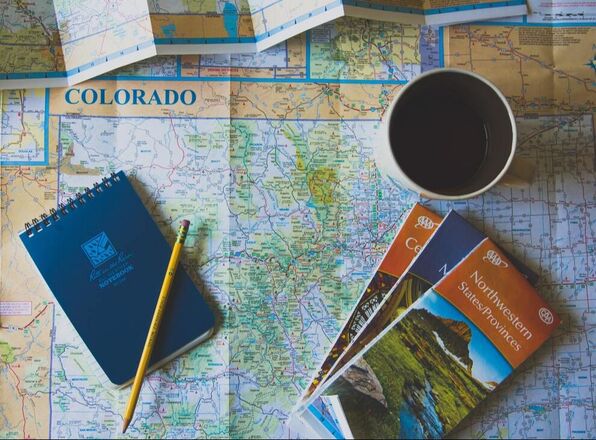
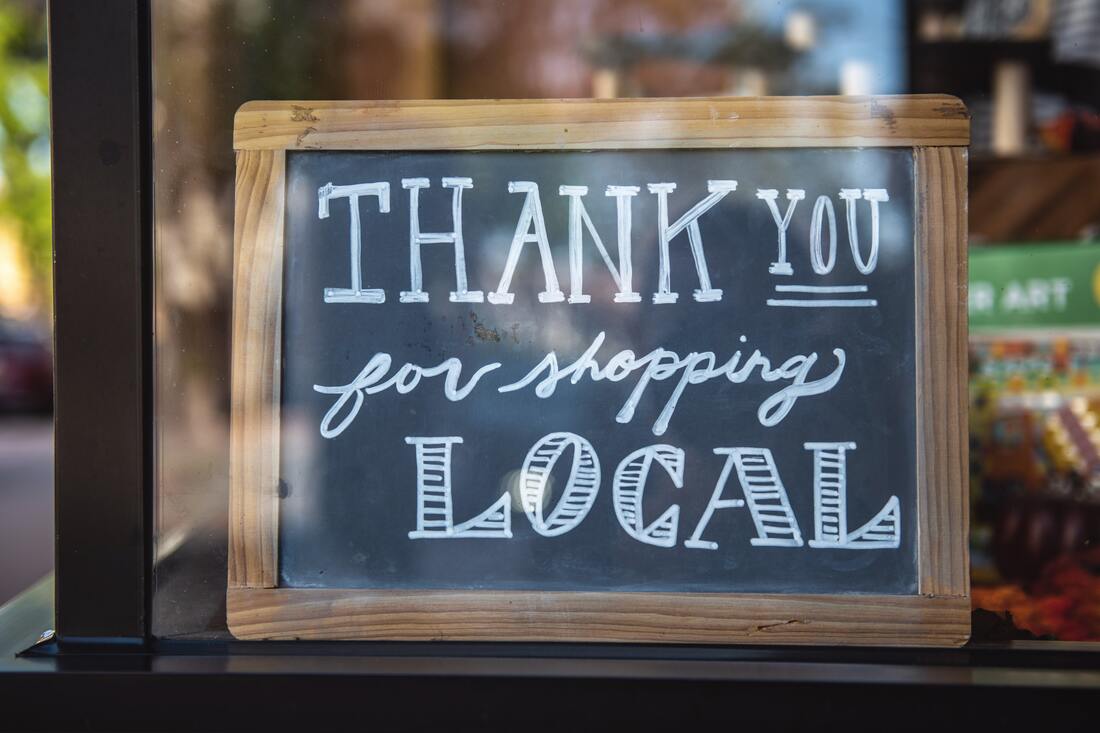
 RSS Feed
RSS Feed
